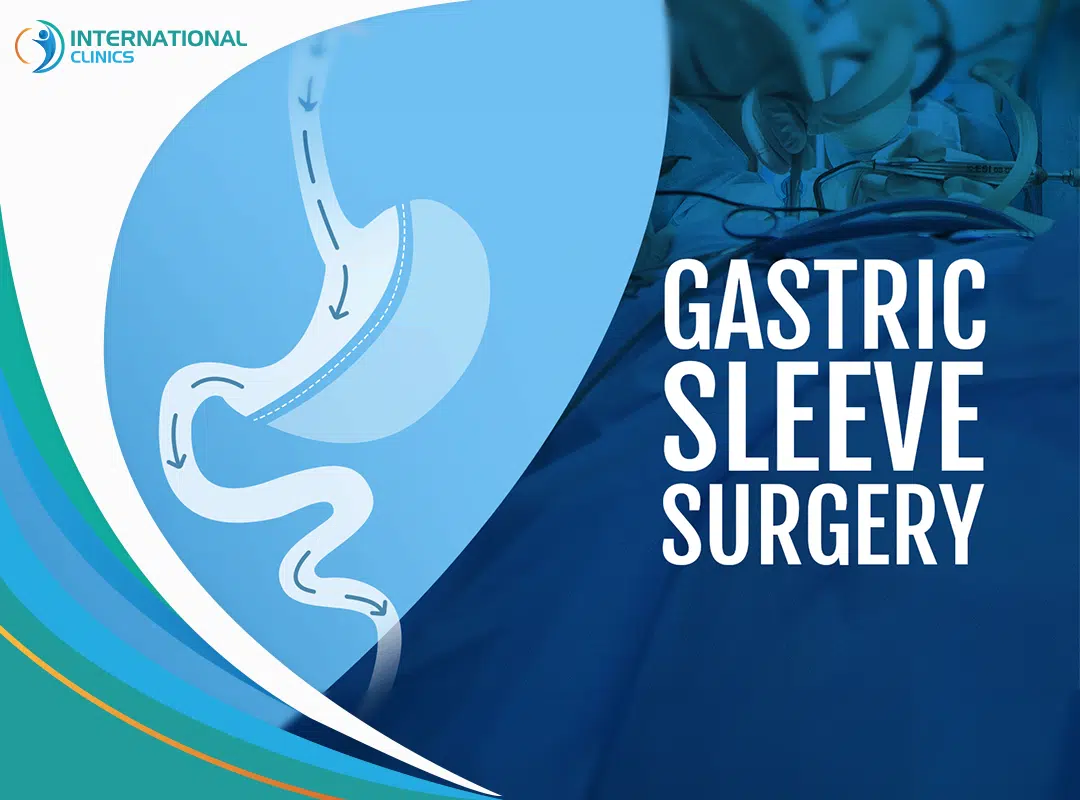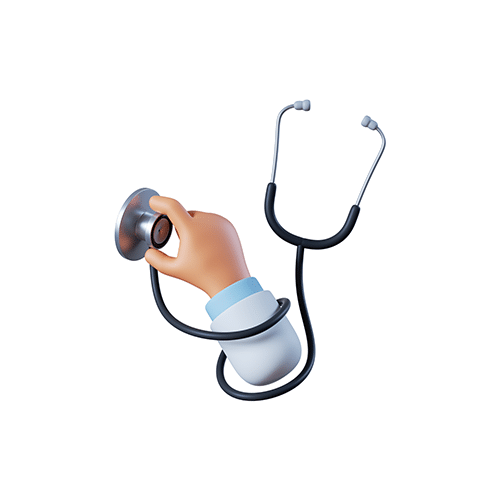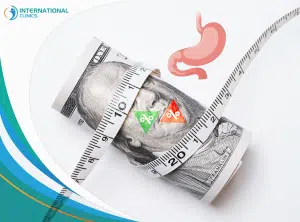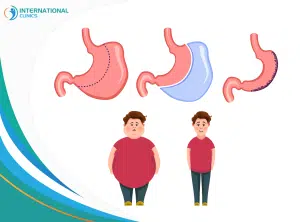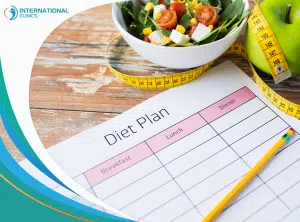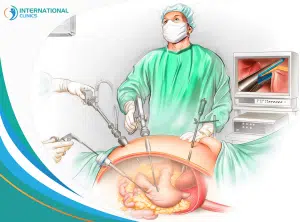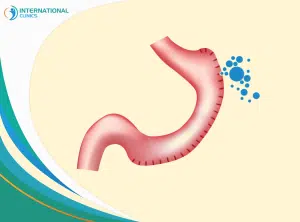Gastric sleeve surgery, also known as sleeve gastrectomy, is a minimally invasive weight loss procedure that involves reducing the size of the stomach by about 80-85%.
This results in a smaller stomach pouch, which restricts the amount of food that can be consumed, leading to decreased calorie intake. The procedure does not involve rerouting or reconnecting the intestines, unlike some other weight loss surgeries.
The benefits of gastric sleeve surgery in Turkey include significant and sustainable weight loss, improvement or resolution of obesity-related health conditions such as type 2 diabetes, high blood pressure, and sleep apnea, and a generally enhanced quality of life.
This surgery helps patients achieve better portion control, reduces hunger hormones, and can lead to improved mobility and overall well-being.
However, you may need to know what to pack for gastric sleeve surgery and understand the vital importance of proper preparation. By packing essential items thoughtfully, you’re setting the stage for a smoother post-surgery experience.
Having the right items on hand can contribute to your physical comfort, emotional well-being, and overall peace of mind during your hospital stay and recovery period.
This preparation not only helps you focus on healing but also minimizes stress and allows you to fully engage in your journey towards a healthier lifestyle.

What to Pack for Gastric Sleeve Surgery?
We can list the things that you may need to consider for a smoother recovery as follows:
- Comfortable clothing
- Hygiene supplies
- Clear liquids
- Protein-rich snacks
- Supportive pillows
- Entertainment
- Medications
- Communication tools
- Personal care items
- Support network
Get a Free Consultation Right Now!
Loose and Comfortable Clothing for Your Surgery
One important aspect that often gets overlooked is the type of clothing you should pack. It’s crucial to choose loose and comfortable clothing that will make your recovery process as smooth as possible.
Elastic Waistbands for Comfort
After undergoing gastric sleeve surgery, your abdomen will be sensitive and tender. The last thing you want is tight-fitting clothes that could potentially irritate or put pressure on the surgical area.
Opting for clothing with elastic waistbands is a wise choice as they provide flexibility and comfort. Elastic waistbands allow you to adjust the fit according to your comfort level, accommodating any swelling or discomfort you may experience during the healing process.
Consider packing pants, skirts, or shorts with elastic waistbands made from soft fabrics like cotton or jersey.
These materials are breathable and gentle on your skin, reducing the risk of irritation in the surgical area. Loose-fitting bottoms can help prevent unnecessary friction against incisions while allowing freedom of movement without restriction.
Button-Up Shirts to Avoid Lifting Arms after Surgery
During the initial stages of recovery from gastric sleeve surgery, it’s essential to minimize strain on your abdominal muscles.
As such, button-up shirts are an excellent choice because they eliminate the need for raising your arms above shoulder level when dressing or undressing. With button-up shirts, you can easily slip them on without having to stretch or exert too much effort.
Look for shirts made from soft and breathable fabrics that won’t rub against incisions or cause discomfort. Loose-fitting button-ups provide ample room for any bandages or dressings you may have post-surgery while still allowing easy access for medical professionals during check-ups.
Slip-On Shoes for Easy Wearing and Removal
Footwear is another crucial consideration when packing for gastric sleeve surgery. Slip-on shoes are highly recommended as they eliminate the need to bend over or struggle with tying shoelaces, which can be challenging during the recovery period.
Slip-on shoes provide convenience and ease when putting them on or taking them off, reducing strain on your body.
Choose comfortable and supportive slip-on shoes that offer cushioning for your feet. It’s important to prioritize comfort over style in this case, as you’ll likely spend most of your time resting and recovering. Opt for shoes made from breathable materials to prevent excessive sweating or discomfort.
Soft, Breathable Fabrics to Prevent Irritation
When selecting clothing for gastric sleeve surgery, prioritize soft and breathable fabrics that won’t cause irritation or worsen any existing discomfort.
Natural fibers like cotton and bamboo are excellent choices as they allow air circulation while being gentle against sensitive skin. Avoid synthetic materials that may trap heat and moisture, potentially leading to skin irritation or rashes.
Consider packing loose-fitting t-shirts, tops, and dresses made from these breathable fabrics. They will keep you cool and comfortable during your recovery journey while minimizing the risk of any complications caused by friction against incisions.

Essential Items for Your Hospital Bag
Personal Identification Documents
- Don’t forget to pack all your essential personal identification documents when preparing your hospital bag. These documents will be necessary during your hospital stay and for any administrative purposes. Make sure to bring your driver’s license or ID card, health insurance card, and any other relevant identification documents. Having these items readily available will help streamline the check-in process and ensure that you receive the appropriate care.
Insurance Information
- In addition to personal identification documents, it is crucial to have your insurance information on hand. This includes your health insurance card, policy details, and contact information for your insurance provider. While hospitals typically have access to this information in their systems, having a physical copy readily available can help avoid any potential delays or confusion during admission. It’s always better to be prepared and have the necessary information at hand.
Cell Phone Charger
- Your cell phone can be a lifeline during your hospital stay. To ensure that you can stay connected, don’t forget to pack a cell phone charger in your hospital bag. Hospitals usually provide outlets near the bed or within easy reach so that you can keep your devices charged throughout the day. Having a fully charged phone will allow you to communicate with family members, update them on your progress, and even pass the time by watching movies or browsing social media.
Pillow and Blanket
- While hospitals strive to provide comfortable accommodations for patients, bringing along a pillow and blanket from home can greatly enhance your comfort level during the stay. Hospital pillows may not always meet individual preferences in terms of firmness or thickness, so having a familiar pillow can make a significant difference in getting quality rest while recovering from gastric sleeve surgery. Similarly, packing a cozy blanket can offer warmth and familiarity in an otherwise clinical environment.
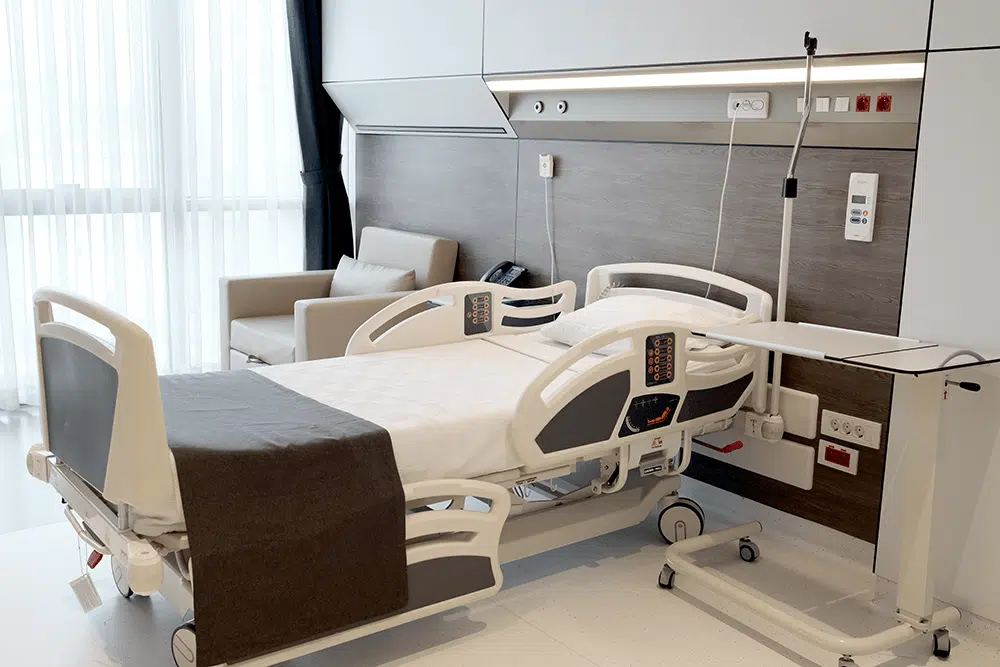
Bariatric-Specific Supplements to Pack
Multivitamins: Meeting Your Nutritional Needs
One of the most important supplements to pack for gastric sleeve surgery is a high-quality multivitamin.
After undergoing this procedure, your body will experience significant changes in its ability to absorb nutrients from food. As a result, it is crucial to ensure that you are meeting all of your nutritional needs through supplementation.
A good multivitamin specifically designed for bariatric patients will contain essential vitamins and minerals such as vitamin D, vitamin B12, zinc, and folic acid. These nutrients play a vital role in supporting overall health and preventing deficiencies that can arise after weight loss surgery.
By taking a daily multivitamin, you can help safeguard against potential nutrient deficiencies and support your body’s healing process.
It is important to follow your surgeon’s recommendations regarding the specific brand and dosage of multivitamins suitable for your individual needs.
Calcium Supplements: Promoting Bone Health
Another supplement that should be on your packing list for gastric sleeve in Turkey is calcium. This mineral is crucial for maintaining strong bones and teeth.
However, after the procedure, your body may have difficulty absorbing calcium efficiently from food sources alone.
To prevent deficiencies and promote optimal bone health, it is recommended to take calcium supplements regularly. Look for supplements that provide calcium citrate or calcium carbonate as they are more easily absorbed by the body.
It’s worth noting that vitamin D plays an essential role in calcium absorption. Therefore, combining a vitamin D supplement with your calcium intake can further enhance its effectiveness.
Be sure to consult with your healthcare provider about the appropriate dosage of both calcium and vitamin D supplements based on your specific needs.
Protein Powder or Shakes: Aiding Healing and Muscle Repair
Protein plays a crucial role in the healing process after gastric sleeve surgery. It helps repair tissues damaged during the procedure and supports muscle growth while ensuring adequate nutrition throughout the recovery phase.
To ensure you are getting enough protein, consider packing protein powder or ready-to-drink shakes. These convenient options provide a quick and easy way to meet your protein requirements without having to rely solely on solid food sources.
When choosing a protein powder or shake, opt for those specifically formulated for bariatric patients. Look for products that offer high-quality protein with minimal added sugars and fats.
Consider trying different flavors and brands to find the ones that suit your taste preferences best.
Remember to consult with your healthcare provider or dietitian about the recommended daily protein intake for your specific situation. They will be able to guide you on how much protein you should aim for and help you choose the right supplements accordingly.
Iron Supplements: Preventing Anemia
Anemia, a condition characterized by low levels of red blood cells or hemoglobin in the body, can occur after gastric sleeve surgery due to reduced nutrient absorption.
To prevent anemia and maintain healthy iron levels, it is important to include iron supplements in your post-surgery supplement routine.
Iron plays a vital role in carrying oxygen throughout the body and supporting overall energy levels. Taking iron supplements as prescribed by your healthcare provider can help prevent fatigue and weakness associated with anemia.
It is worth noting that some individuals may experience difficulty tolerating certain forms of iron supplements due to gastrointestinal side effects such as constipation or upset stomach. If this occurs, discuss alternative options with your healthcare provider.
In addition to iron supplementation, incorporating iron-rich foods into your diet can further support healthy iron levels.
Foods such as lean meats, beans, lentils, spinach, and fortified cereals are excellent sources of dietary iron that can complement your supplement regimen. Remember that each individual’s nutritional needs may vary based on factors such as age, gender, weight, and overall health status.
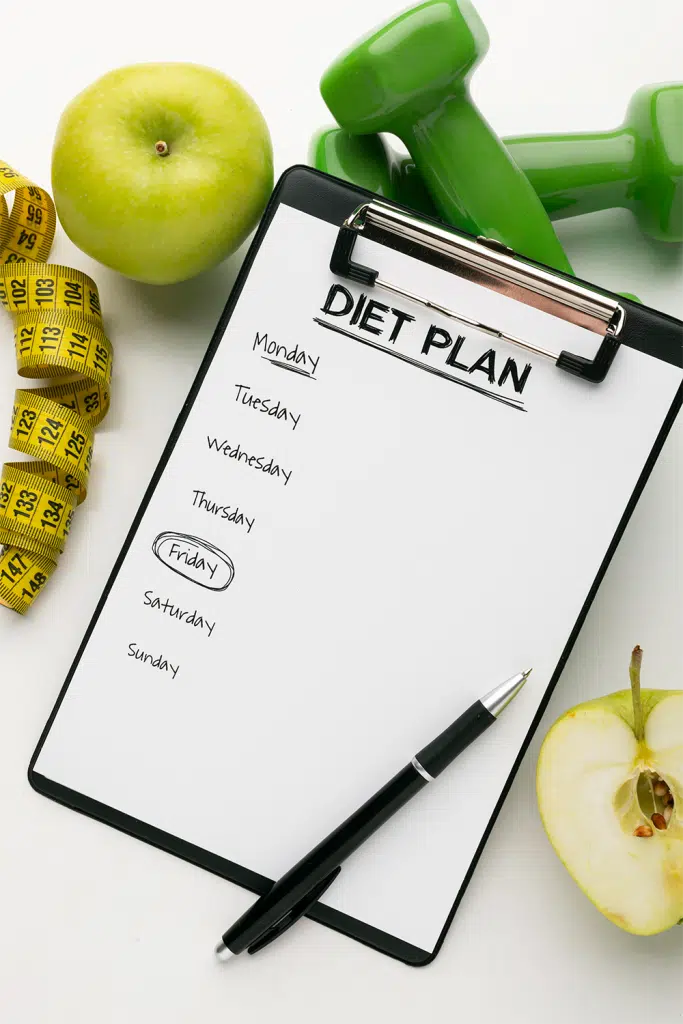
Navigating Nutrition and Hydration
Dietary Guidelines for Gastric Sleeve Surgery
One of the most crucial aspects of preparing for gastric sleeve surgery is following the dietary guidelines provided by your surgeon or dietitian.
Firstly, it is important to consume clear liquids in the days leading up to your surgery. Clear liquids include water, broth, and sugar-free gelatin. These fluids help keep you hydrated while minimizing strain on your digestive system. They also serve as a way to flush out any remaining food particles from your stomach.
Drink water with Sipper Bottles or Straws
After gastric sleeve surgery, it can be challenging to consume enough fluids due to the reduced capacity of your stomach. To facilitate drinking and ensure proper hydration, sipper bottles or straws can be incredibly helpful tools. These allow you to take small sips at a time without feeling overwhelmed by large quantities of liquid.
Incorporating Protein-Rich Foods into Your Diet
Protein plays a vital role in post-surgery recovery as it aids in tissue repair and promotes muscle strength. Some excellent sources of protein include lean meats such as chicken or turkey breast, eggs, Greek yogurt, cottage cheese, and legumes like lentils or beans.
When planning meals after surgery, aim for small portions that prioritize protein intake. This will help you feel satisfied while providing your body with the necessary nutrients for healing. Consuming protein-rich foods can contribute to a feeling of fullness and reduce the likelihood of overeating or snacking on unhealthy options.
Speak with Board-Certified Surgeons!
Staying Informed and Entertained
Reading Material for Your Hospital Stay
Having the right reading material can make a big difference. E-books or magazines are great options to keep you engaged and occupied while recovering. With a wide range of topics available, you can choose something that suits your interests or explore new subjects altogether.
Consider downloading e-books on health and wellness, self-improvement, or even fiction novels that transport you to different worlds. Magazines covering various genres like fashion, sports, or hobbies can also provide a welcome distraction during your recovery period.
Keeping Your Devices Charged
In today’s digital age, electronic devices have become essential companions for many people. Before heading to the hospital for your gastric sleeve surgery, ensure that you pack all the necessary chargers for your devices. It’s important to have access to Wi-Fi so you can stay connected with loved ones and browse online resources.
Having a fully charged laptop or tablet will allow you to watch movies, catch up on TV shows, or even work remotely if needed.
These devices can also serve as valuable tools for accessing educational materials related to your post-surgery journey.
From video tutorials teaching proper nutrition tips to support groups offering advice and answering questions about life after gastric sleeve surgery – there is an abundance of information available online.
Tracking Progress Through Journaling
Journaling can be a helpful practice during your recovery from gastric sleeve surgery. Bringing along a journal or notebook allows you to track your progress day by day and reflect on how far you’ve come since the procedure.
Use this space not only for documenting physical changes but also for expressing emotions and thoughts throughout the healing process.
Writing down any challenges faced during recovery helps you identify patterns and find ways to overcome them.
It can be a therapeutic outlet, providing an opportunity to process your experience and celebrate milestones along the way. Keeping a journal allows you to share your journey with others who may be going through similar experiences, offering support and inspiration.
Managing Medications and Medical Conditions
- Preparing a comprehensive medical history summary is highly recommended when getting ready for gastric sleeve surgery. This document should include details about any pre-existing medical conditions, allergies, previous surgeries, and current treatments or therapies.
- In case of any unforeseen circumstances or emergencies, it is essential to have emergency contact numbers readily available. Include the contact information of family members or close friends who can be reached quickly in case of an emergency. Note down the contact details of your primary care physician or surgeon so that they can be easily contacted if needed.
- Before undergoing gastric sleeve surgery, make sure to make a photocopy or take a picture of both sides of your insurance card. Keep this copy with you throughout the entire process – from pre-operative appointments to post-operative follow-ups.
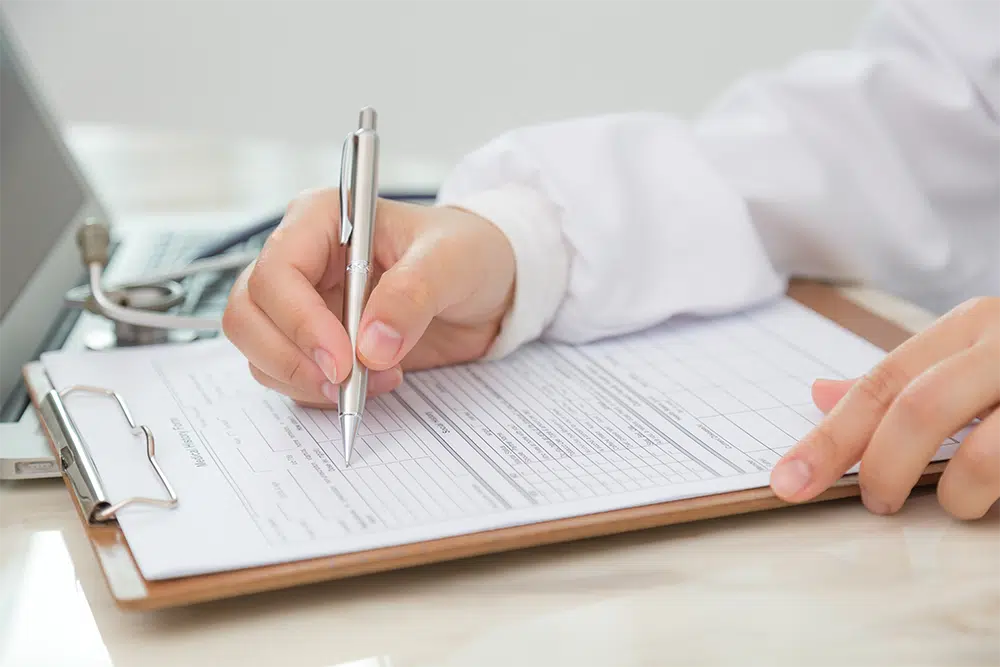
The Most Important Thing: Prioritizing Your Health and Well-being
Following post-operative care instructions diligently
Your healthcare team will provide you with a comprehensive list of guidelines to follow, tailored specifically to your needs.
Another vital aspect of post-operative care is managing pain and discomfort effectively. Your healthcare team will prescribe appropriate pain medication and provide guidance on when and how to take it.
Keeping the area clean and dry, as instructed by your surgeon, is crucial in preventing infections. You may be advised to avoid heavy lifting or strenuous activities during the initial stages of recovery to allow your body time to heal properly.
Scheduling follow-up appointments with the healthcare team
Appointments allow your medical professionals to monitor your progress closely. This includes evaluating the healing process of your incision site, tracking weight loss progress, checking nutritional status, reviewing dietary habits, and discussing any challenges you may be facing.
Your healthcare team can provide valuable insights into exercise routines suitable for your current condition and guide you on gradually incorporating physical activity into your daily routine.
Staying hydrated throughout the recovery process
Drinking adequate amounts of water helps to prevent dehydration, which can lead to various complications such as dizziness, constipation, and kidney problems.
Your healthcare team will provide specific guidelines regarding fluid intake during the recovery period. While it may be tempting to consume sugary beverages or caffeinated drinks, it is best to prioritize water as your main source of hydration.
To make staying hydrated more enjoyable, you can infuse water with slices of fruits or herbs for a refreshing twist. Carrying a reusable water bottle with you wherever you go serves as a constant reminder to drink enough fluids throughout the day.
Listening to your body’s signals and resting when needed
Remember that everyone’s recovery journey is different; therefore, comparing yourself to others may not be helpful. Paying attention to signals such as fatigue, discomfort, or pain allows you to take appropriate action and prioritize rest when necessary.
Recovery from gastric sleeve surgery requires time and patience. Your body undergoes significant changes during this period, both physically and emotionally. Resting when needed not only aids in the healing process but also promotes mental well-being.
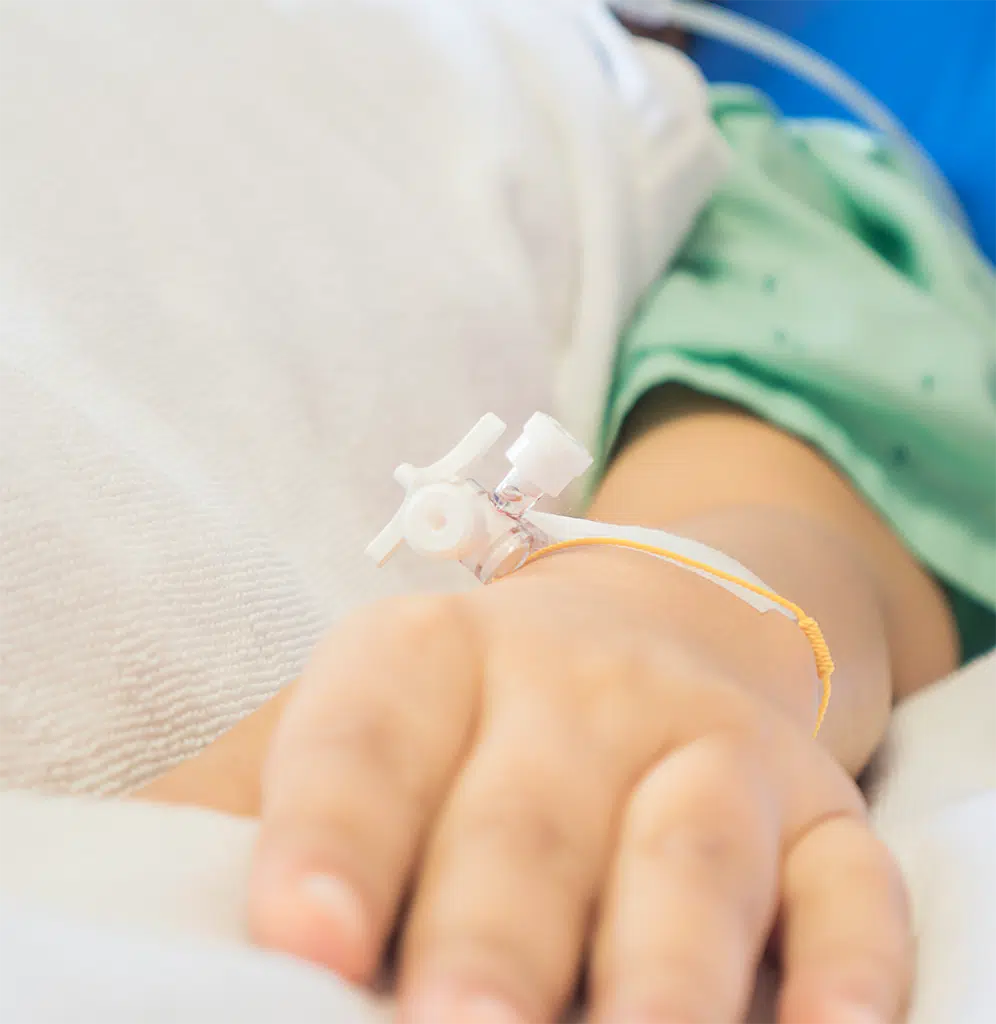
Get in Touch Now!
Managing Your Prescription Drugs and Other Medications
Sorting medications into a pill organizer
Managing your prescription drugs and other medications is crucial. One helpful tip is to sort your medications into a pill organizer.
This will not only ensure that you have all the necessary medications with you during your hospital stay but also make it easier for you to keep track of when to take each medication.
These nifty organizers come in various sizes and designs, allowing you to separate your pills by day or time of day.
Keeping a list of current medications and dosages
Another important aspect of managing your prescription drugs and other medications before gastric sleeve surgery is maintaining an up-to-date list of all the medications you are currently taking.
Include the name of each medication, its purpose, dosage instructions, and any special precautions or warnings associated with it. In addition to helping healthcare professionals, having this list on hand can also prevent any potential drug interactions or complications during your recovery period.
Refilling prescriptions before surgery
To avoid running out of essential medications after obesity surgery in Turkey, it’s crucial to refill any prescriptions well in advance. Reach your prescribing physician at least a week or two before the scheduled surgery date and request refills for all relevant prescriptions.
This allows ample time for your pharmacy to process the request and ensures that you have an adequate supply of medication during your recovery.
Packaging medications in a travel-friendly container
When preparing for gastric sleeve surgery, it’s essential to consider how you will transport your medications to the hospital. A small pill case or a zippered pouch often has separate compartments or pockets, allowing you to organize different types of medication easily.
If any of your prescribed medications require refrigeration, ensure that you have appropriate cool packs or insulated containers to maintain their integrity during transit.
Personal Care Items for a Comfortable Recovery
Taking care of yourself during the recovery period after gastric sleeve surgery is crucial for a smooth and comfortable healing process.
Along with following your doctor’s instructions, having the right personal care items can make a significant difference in how you feel at home. Here are some essential products to consider packing:
Toothbrush, Toothpaste, and Mouthwash
Maintaining oral hygiene is important even during your recovery. Packing a toothbrush, toothpaste, and mouthwash will help keep your mouth clean and fresh. Brushing your teeth regularly not only prevents bad breath but also reduces the risk of infections in the surgical area.
Hairbrush or Comb
While recovering from gastric sleeve surgery, you might be spending more time at home resting. Taking care of your hair can help boost your mood and make you feel more put together. Pack a hairbrush or comb to keep your hair tidy and manageable.
Face Wipes or Cleansing Cloths
During the recovery period, it may be challenging to stand for long periods or access running water easily. Face wipes or cleansing cloths can be convenient alternatives for washing your face when traditional methods are not feasible. These products remove dirt and oil from your skin, helping you feel refreshed without needing to rinse.
Lip Balm or Moisturizer
Dry lips can be uncomfortable, especially if you’re experiencing dehydration as part of the recovery process. Bringing along lip balm or moisturizer will help prevent chapped lips and keep them hydrated throughout the day.
Conclusion
In conclusion, preparing for a successful gastric sleeve surgery journey involves careful planning and organization. By following these guidelines and ensuring you have everything you need for both the hospital stay and recovery period, you’ll be better equipped to navigate this transformative experience with confidence.
Remember, this preparation not only aids in your immediate post-surgery period but also sets the tone for your overall journey toward a healthier lifestyle. Your well-prepared packing can minimize stress, allowing you to prioritize healing, rest, and rejuvenation.

FAQs
Recovery time can vary depending on individual factors but typically ranges from 4-6 weeks before returning to normal activities. However, it’s important to follow the guidance of your healthcare team regarding activity levels during the recovery period.
Yes, following a modified diet plan is crucial after gastric sleeve surgery. Your healthcare team will provide specific guidelines on what and how much to eat, focusing on nutrient-dense foods and portion control.
It is generally recommended to avoid alcohol consumption after gastric sleeve surgery. Alcohol can have adverse effects, including empty calories, increased risk of complications, and potential interactions with medications.
Your healthcare team will provide guidance on when you can begin exercising based on your individual recovery progress. Initially, light walking is encouraged, gradually increasing activity levels as advised by your healthcare professional.
Yes, taking vitamins and supplements is essential post-surgery to ensure proper nutrition and prevent deficiencies. Your healthcare team will guide you regarding the specific supplements you need based on your individual requirements.
Read more: Gastric sleeve cost in Turkey
